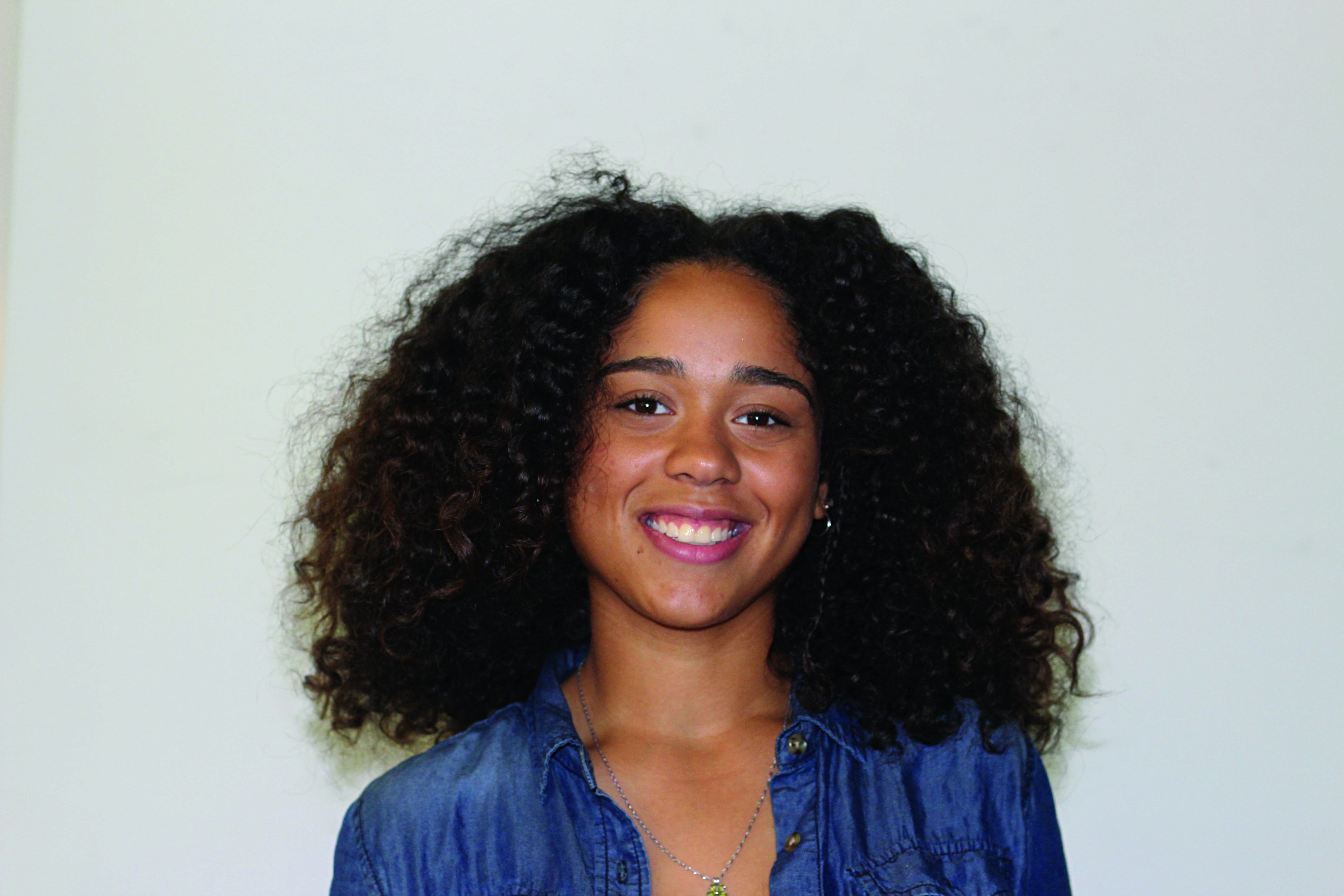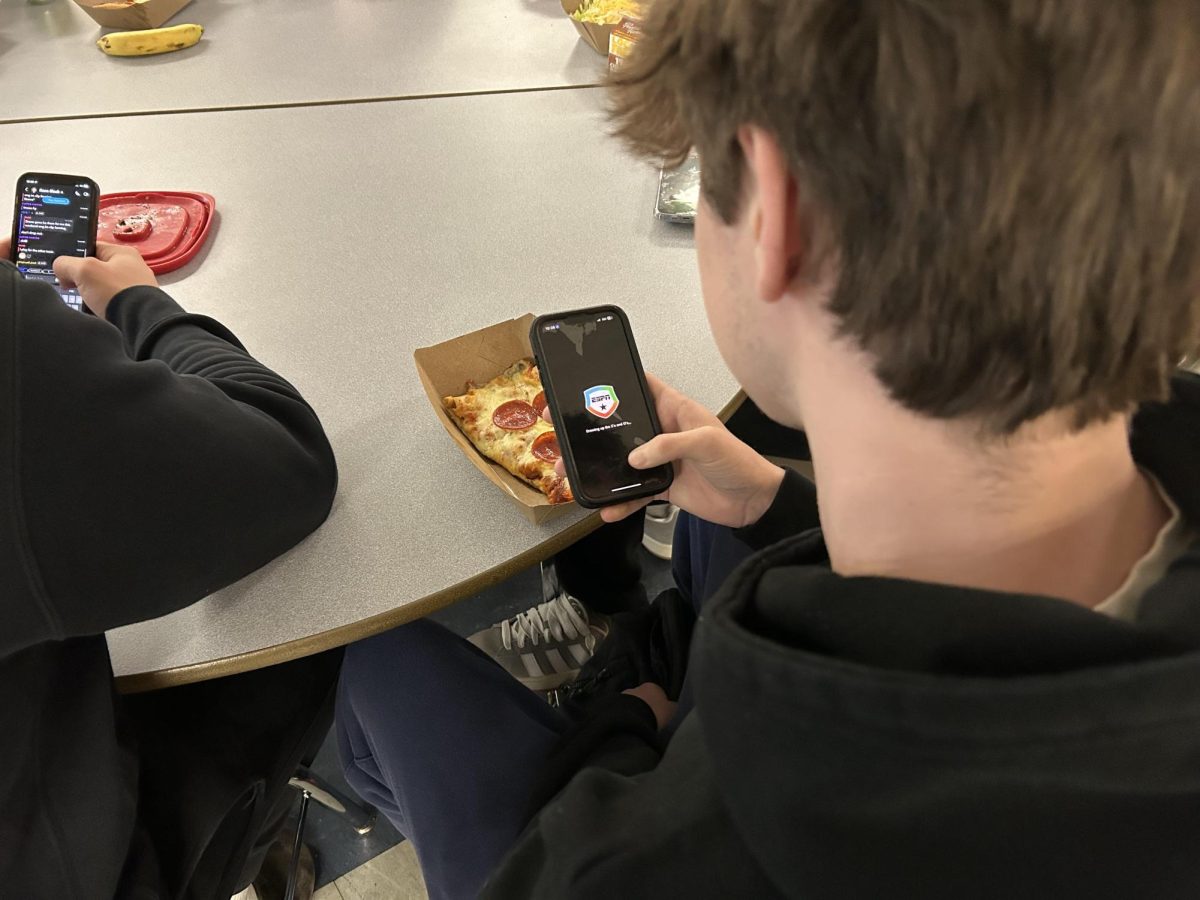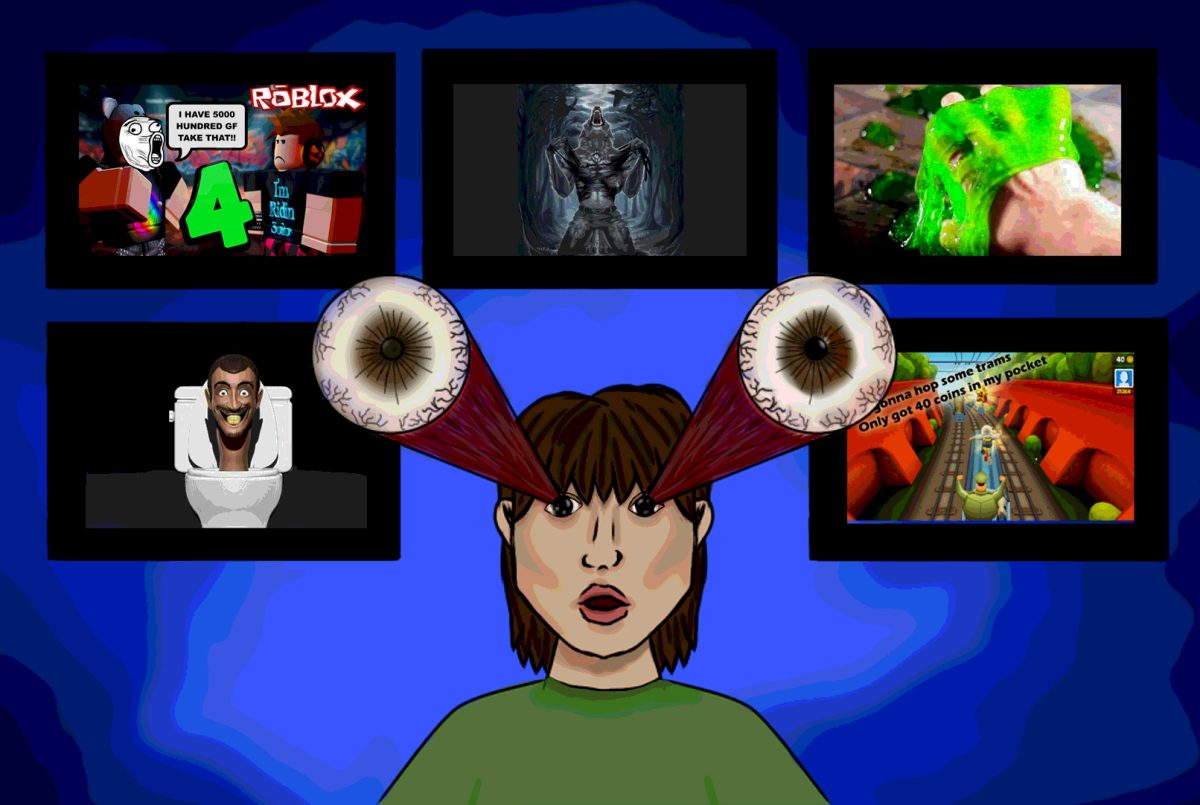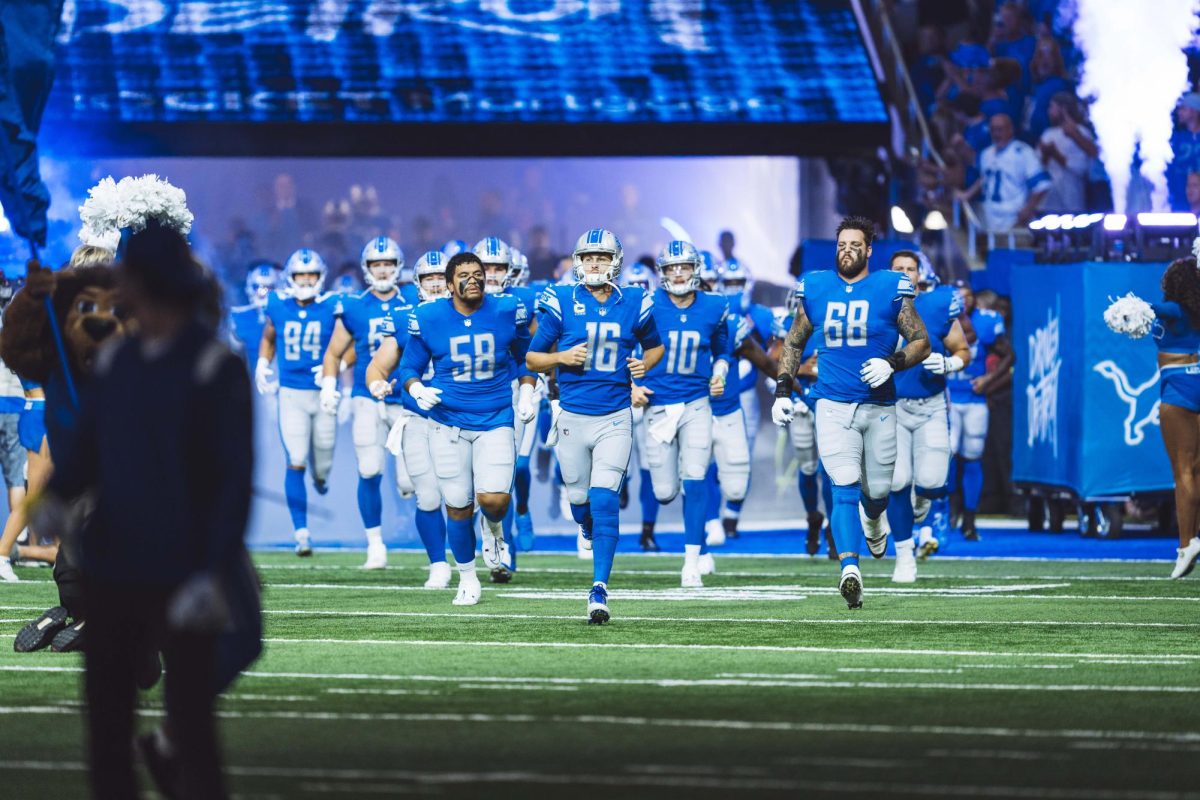By Jayda Fair
 Listening to my parents talk about how things were when they first met was difficult to hear, especially the name calling like ‘’swirl’’ or ‘’oreo.’’ It was not so much from family, but others on the outside looking in. Their thoughts were more vocal and opinions more harsh.
Listening to my parents talk about how things were when they first met was difficult to hear, especially the name calling like ‘’swirl’’ or ‘’oreo.’’ It was not so much from family, but others on the outside looking in. Their thoughts were more vocal and opinions more harsh.
Interracial marriages may not work for everyone, but you shouldn’t look for love based on color. In my experience, growing up with a white father and a black mother, we got looked at differently based upon the fact I was mixed and there was a white man and a black women in a relationship. This made me look at life differently. Seeing other kids with caucasian parents, for a moment, I thought something was wrong with my family, because we got stared at so many times. But my parents always gave and showed love to me and my brother. So I knew that we were fine and that made it easier for me as I grew up.
According to the Pew Research Center based upon statistics from non-black adults, there is a shrinking number of people who are opposed to their close relatives marrying a black person — from 63 percent in 1990, to 14 percent in 2016.
When I think about the people I come into contact with nowadays, whether that be friends and classmates or co-workers, I see evidence that interracial relationships and marriages are more common now than when I was younger.
Growing up being accepted as a “mixed kid” was difficult. People judged me on the way I looked, the the way my hair curled up, and how I did it. Going to school was the worst part. I got picked on every day because my father was white and my mother was black. It was different in other people’s lives, but normal in my life. My parents, their marriage and relationship was all I knew growing up. Once I started school and realized that my family appeared different compared to some of my classmates, that is when the questions and stares came. Constant questions from classmates and peers like “What are you?” or “Are those your parents?” were followed by laughter after my answer.
Going out in public was tough, hearing the whispers and seeing the finger pointing and weird looks upsetting my family. Having curly hair, people automatically assumed I was Mexican and started speaking to me in Spanish, thinking that I would understand them. It was a constant feeling that I wasn’t accepted as a mixed kid and a struggle to love the skin I’m in.
Categories:
Fitting Into My Biracial Identity
June 15, 2018
0
More to Discover







